What exactly is the connection between acne and depression? How can acne cause or inflict depression on an individual suffering from this skin condition?
Acne is one of the most common skin diseases affecting both young people and adults, creating a significant psychological scarring. There are a few studies done to determine the mental health status among acne sufferers and found that acne did seem to correlate to a higher instance of depression and anxiety.
Acne (or acne vulgaris) is also known as a chronic inflammatory disease of the skin which mainly involves the face and upper parts of the trunks.
HOW CAN ACNE CAUSE DEPRESSION?
Acne is widespread or most common among adolescent people, causing the individual to encounter psychological changes. This is where depression, suicidal thoughts and low self-esteem take their toll on an acne sufferer.
This acne is characterized by seborrhea, comedo, red papules, superficial pustules, deep or pseudocystic nodules, pustules or sometimes scar.
There are 4 factors that play roles in the pathogenesis of acne: the increase of sebum production, hyper cornification of the pilosebaceous duct, microbial flora and the colonization of the Propionibacterium acne or P-acne for short.
A study from the Indian Journal of Dermatology “Comparison Of Anxiety And Depression In Patients With Acne Vulgaris And Healthy Individuals” was conducted to study or compare the prevalence of anxiety and depression in patients with acne vulgaris with those of the normal population. There’s an increasing knowledge of the relationship or connection between skin diseases and mental health, showing reports of mental disorders like anxiety, depression, aggression, low self-esteem and even suicidal thoughts and attempts being existent in acne patients.
In another study from the British Journal of Dermatology, researchers found data collected from The Health Improvement Network to back up a claim after analyzing patient records between 1986 and 2012. They found that there was a compelling connection between acne and depression. It was said that acne patients have a 63% increased risk of having depression compared to those who did or do not suffer from acne.
Acne can cause anxiety and depression by negatively affecting the individual’s self-esteem where his or her self-care suffers. An individual suffering from acne also suffers from depression by withdrawing himself or herself from social and work activities. This study conducted in the British Journal Of Dermatology shows that acne can have a serious impact on one’s mental health.
What adds to the depression of every acne sufferer is how beauty is highly valued in society. The entertainment and fashion industry may directly or indirectly label individuals having acne is labeled as “ugly”, “unfit for being a model, a beauty queen, or the hero” and so on and so forth. These unrealistic beauty standards imposed by society only add up to the emotional turmoil felt by an acne patient.
Acne patients with low self-esteem also tend to have loss of appetite, lethargy, mood disturbance, behavioral problems, wakefulness, spontaneous crying and feelings of unworthiness, which are signs or symptoms of depression.
ANECDOTAL STORIES OF ACNE PATIENTS OR SUFFERERS
Acne can have an affect on our mental health and wellbeing. The medications often prescribed for acne may also cause side effects that affect mood. For example, Isotretinoin/Accutane, birth control pills, and antibiotics.
Here are a few quotes from acne patients:
“Puberty was not kind to me. From middle school, throughout high school, and even onto college, I have had incredibly intense acne. Whatever acne treatment or medication is out there, I have probably done it.” – Amy Chen (My Story About Acne, Be Yourself)
“My skin has always been a combination of oily and dry, so it was very difficult to find an antidote that could clear up my face. Even into my mid-twenties I remember FaceTiming my mother and her always asking me why my skin was breaking out so badly.” – Candace Marie (6 Women On What Finally Cured Their Acne by Haley Nahman, Men Repeller)
“As college started, I felt as if I was permanently marked. It felt shameful, as if my skin was a reflection of something I was doing wrong. I refused to be in public without a thick layer of makeup. I’d apply a full face simply to pick up my mail. My self-esteem was nonexistent.” – Angela He (6 Women On What Finally Cured Their Acne by Haley Nahman, Men Repeller)
Like most other people suffering from acne, it's possible that we can develop depression because of our skin condition. Acne can contribute to a loss of self-esteem, we shun ourselves away from other people for fear of being judged or critiqued or even simply made fun of. In short, there’s somewhat a connection between acne and depression.
Hence, the answer to the question “Can acne cause depression?” is yes. Acne can bring depression or emotional trauma on someone dealing with or suffering from acne.
Have you ever dealt with acne and depression as well? Comment down below to share your experience.


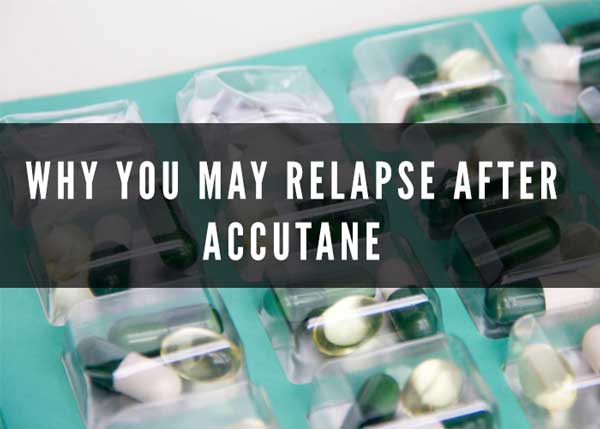
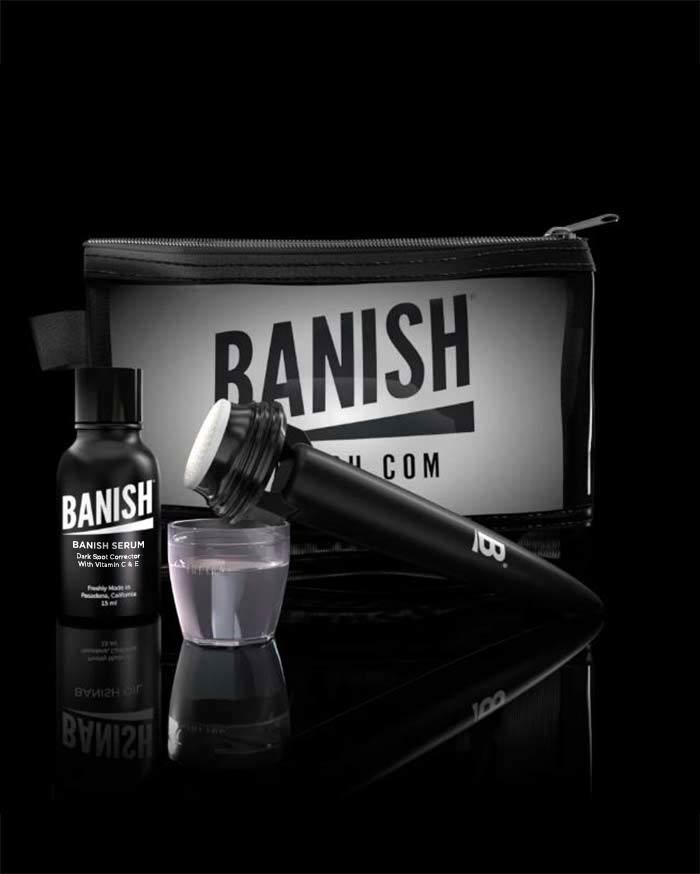
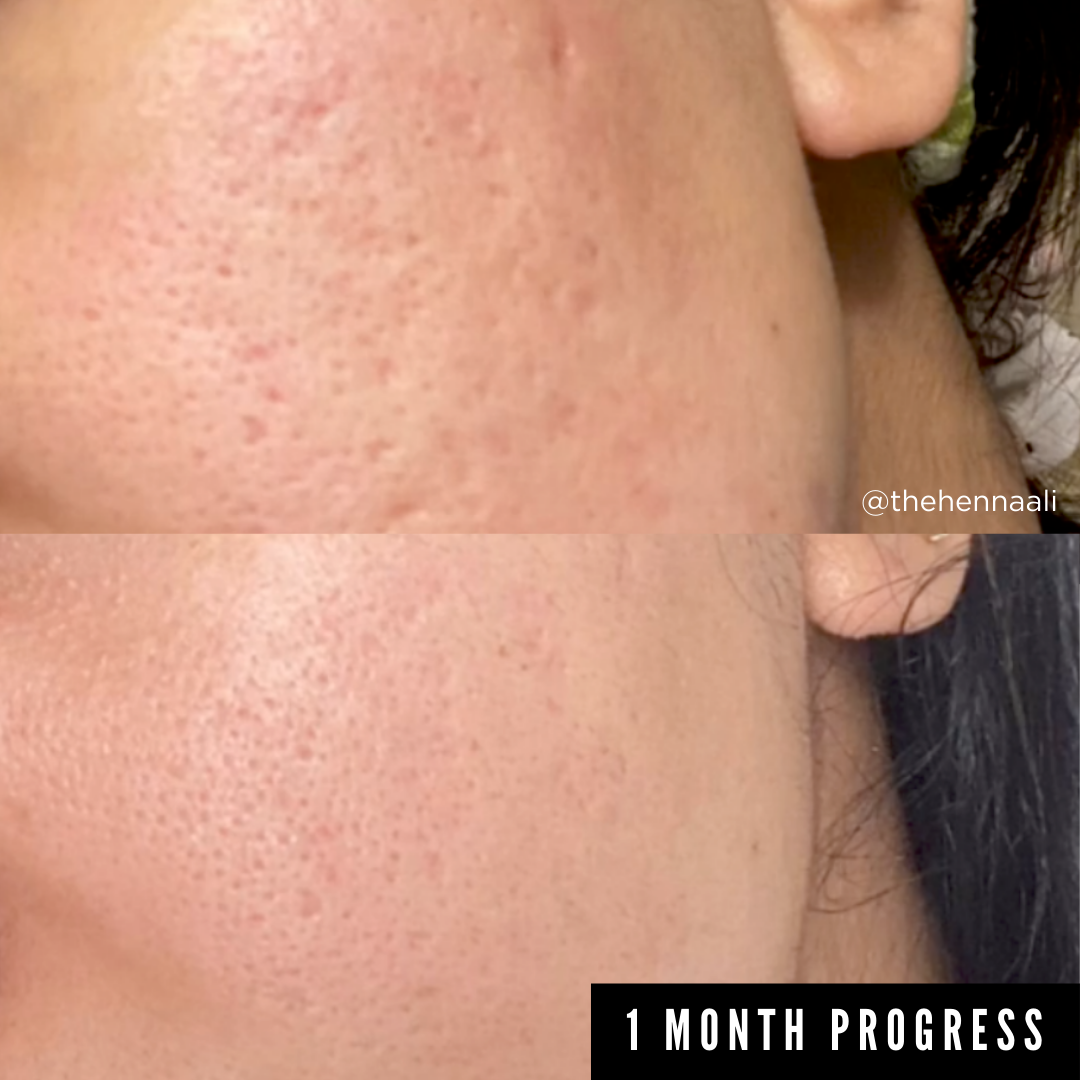
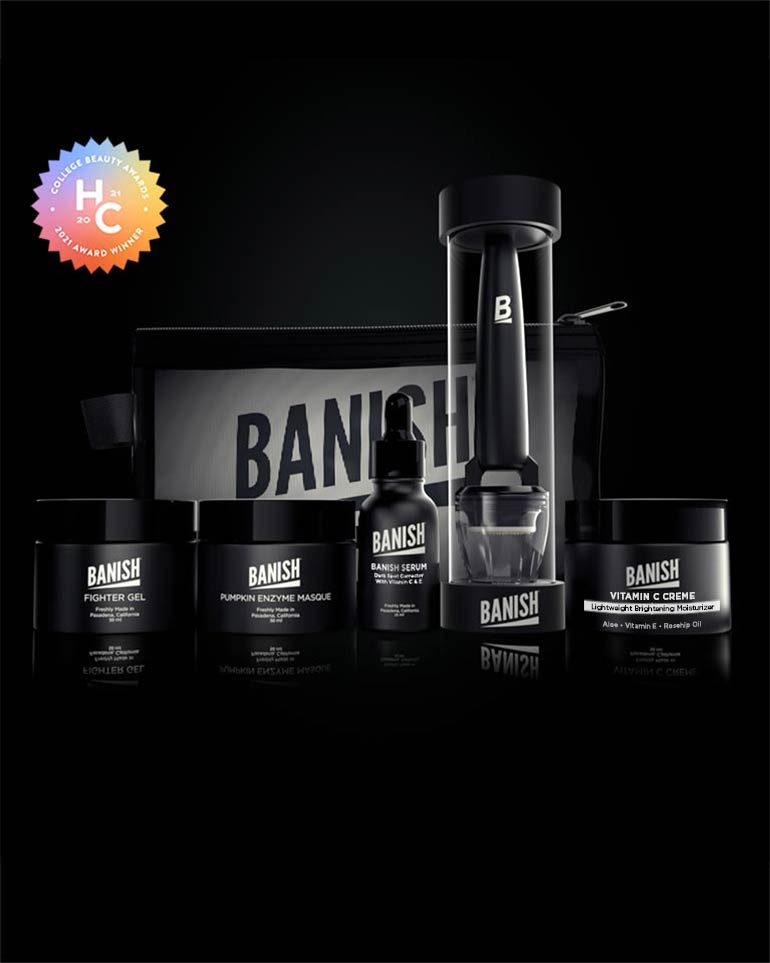
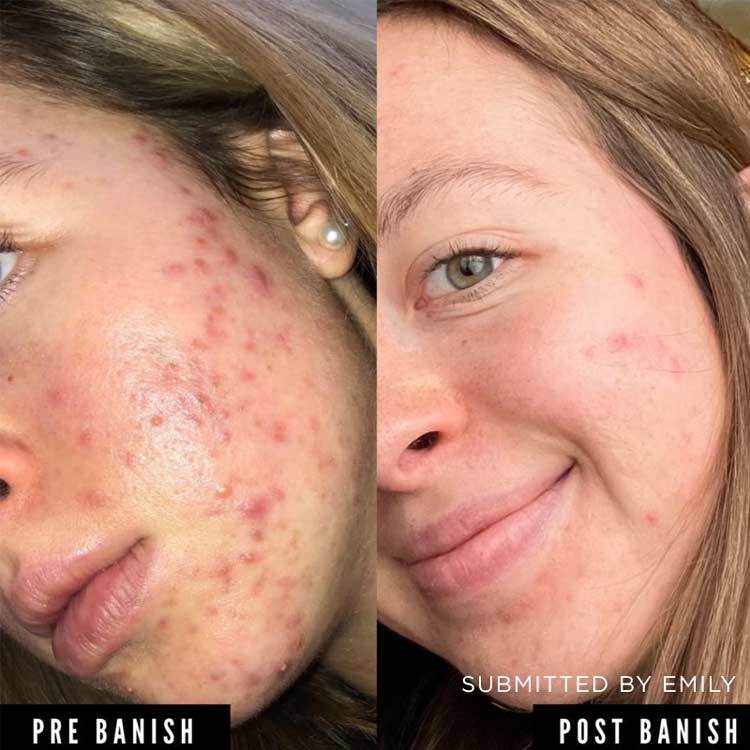
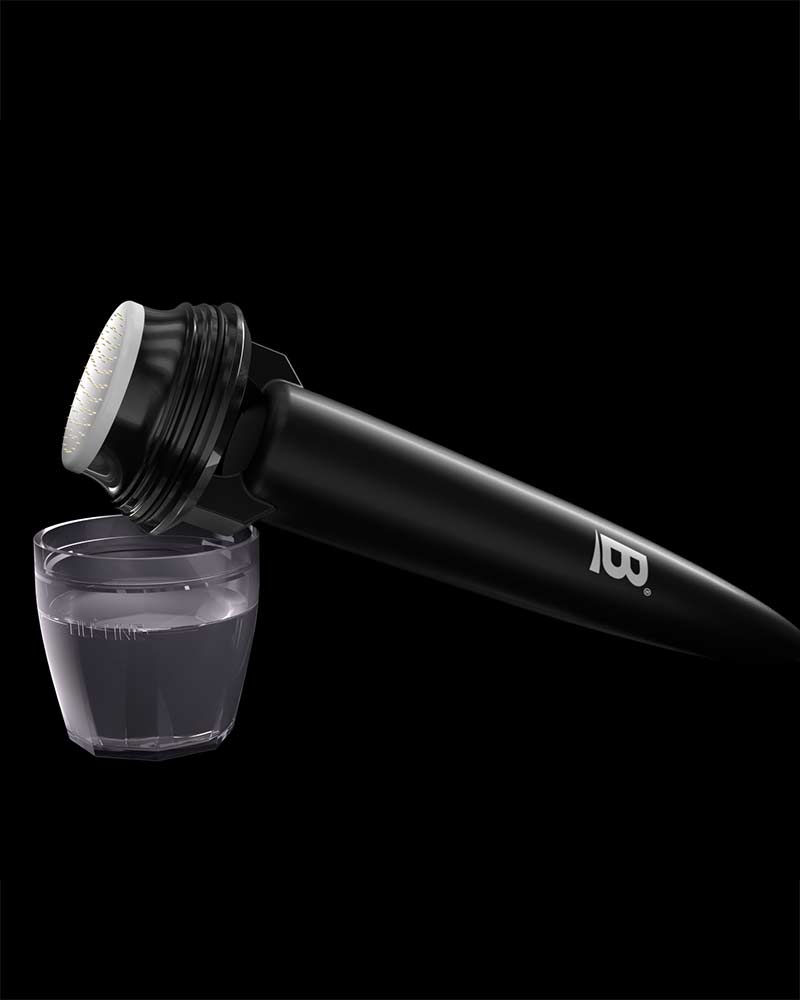
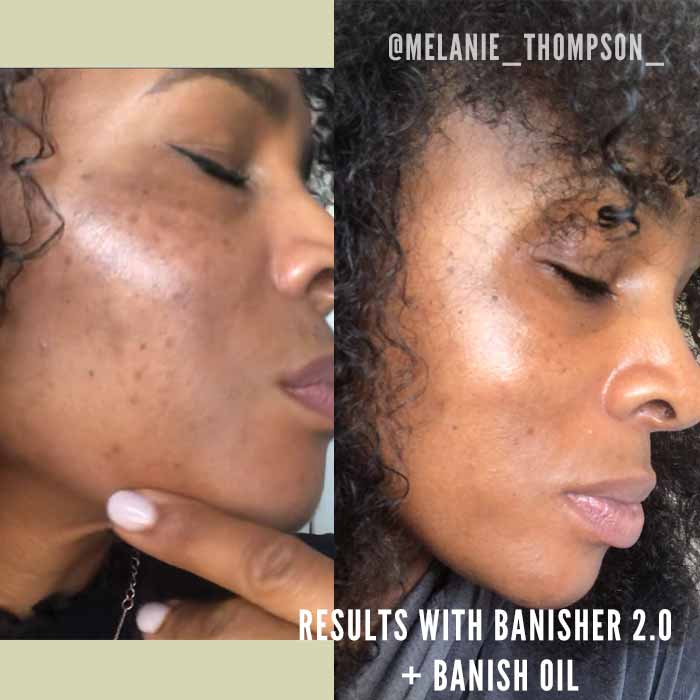
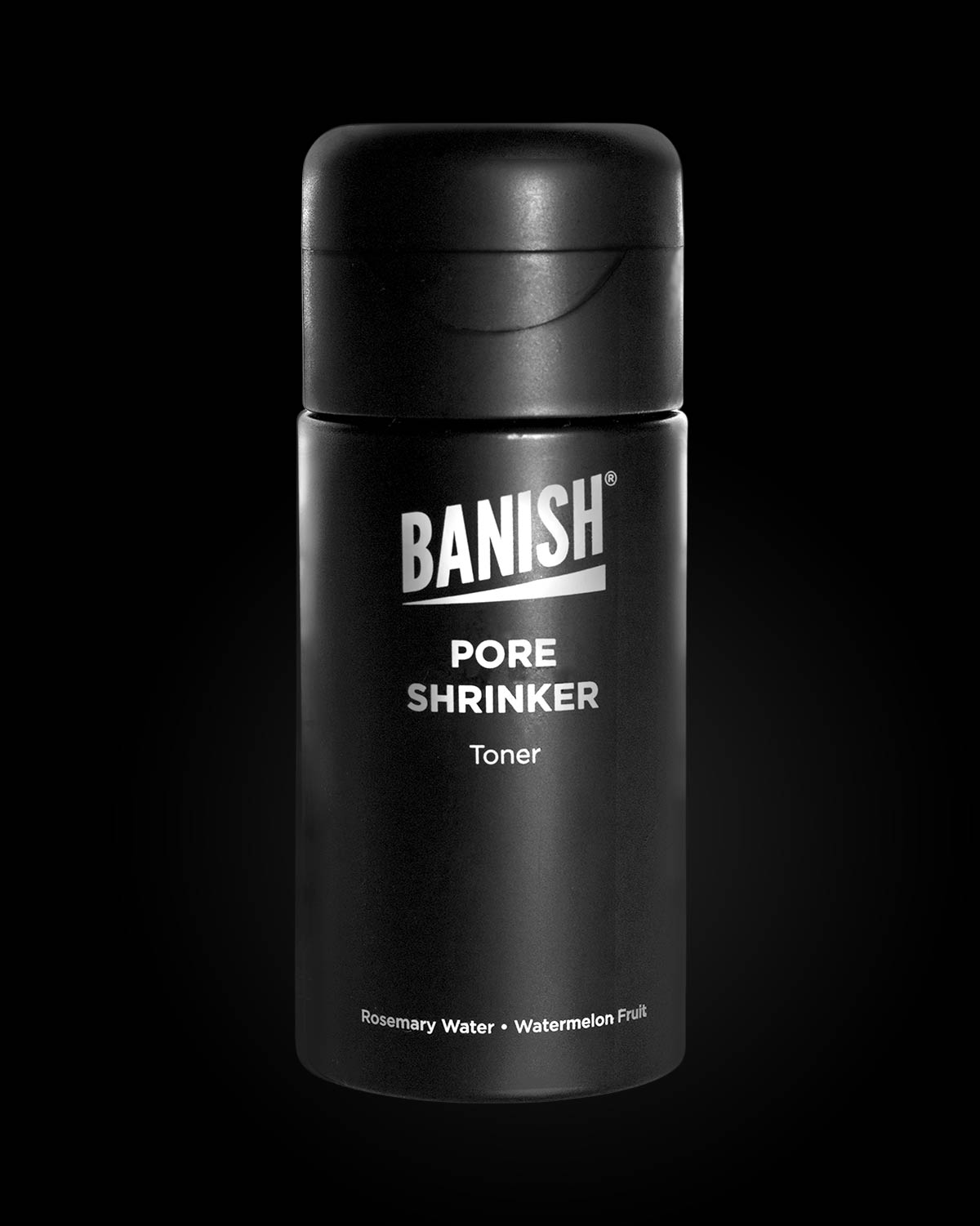
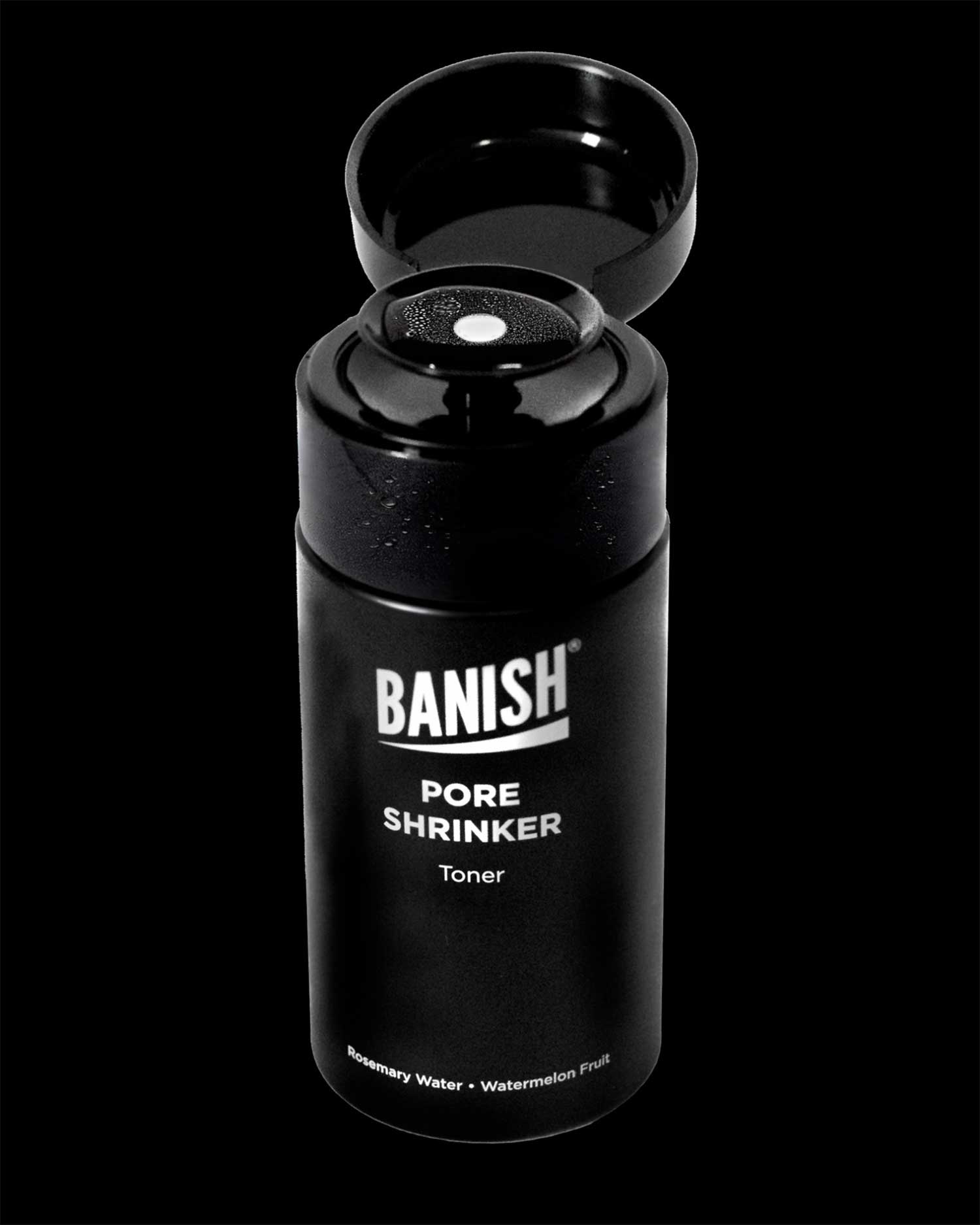


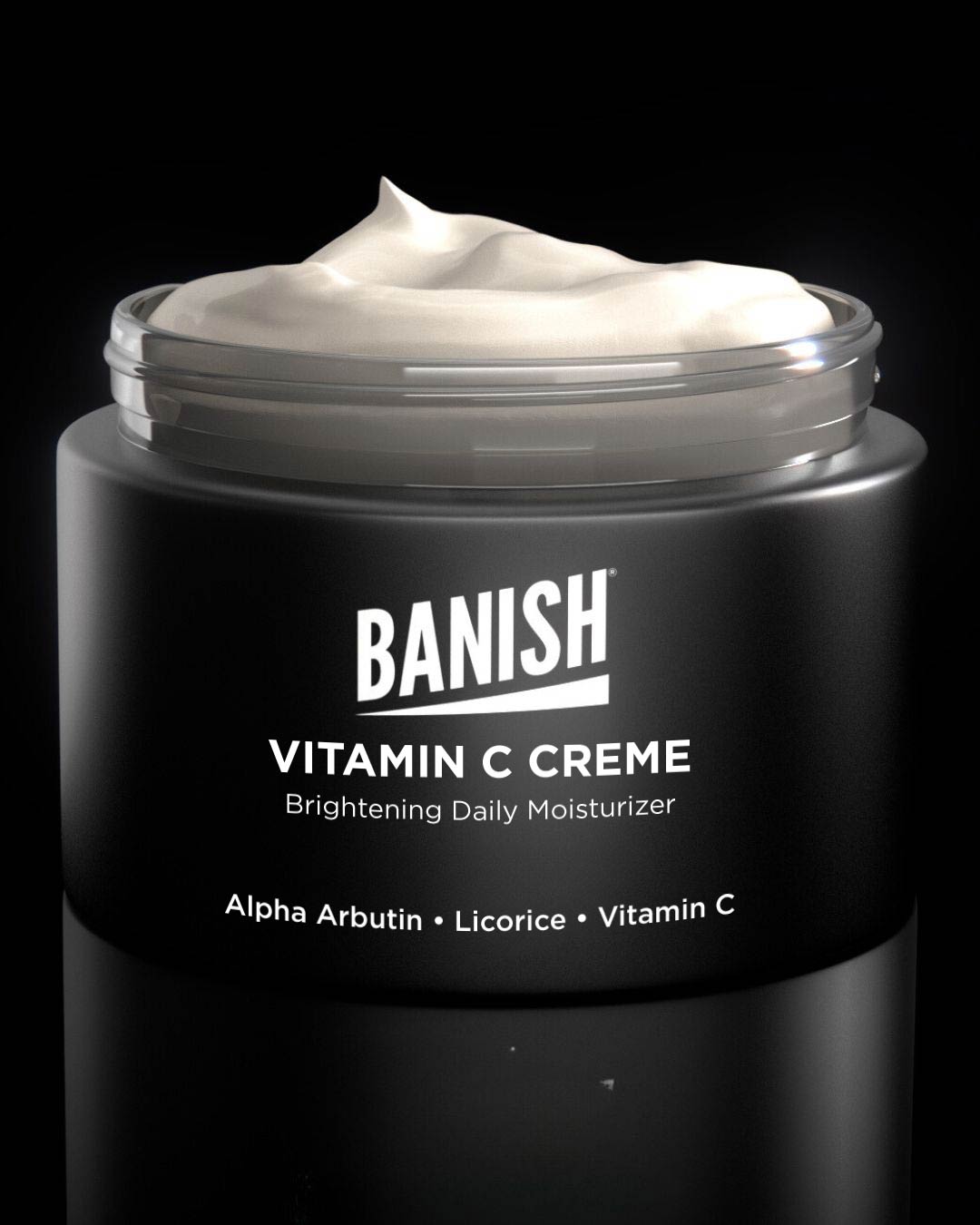

Leave a comment
All comments are moderated before being published.
This site is protected by reCAPTCHA and the Google Privacy Policy and Terms of Service apply.